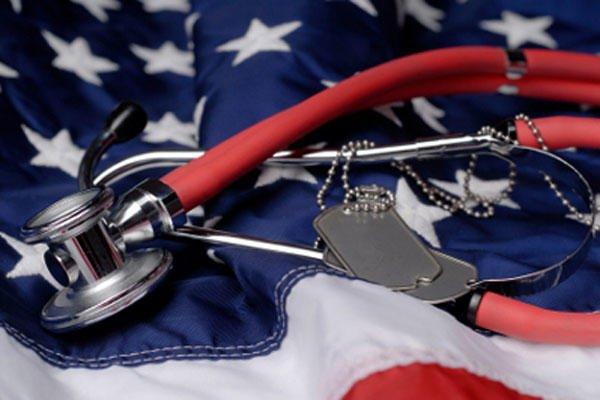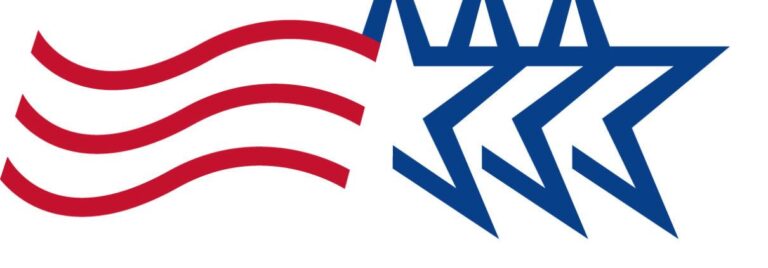
TRICARE Q&A: Getting Care With Active Duty Dental Program
Dental health is a vital part of overall readiness for active duty service members. The Active Duty Dental Program (ADDP) under TRICARE is designed to ensure military personnel receive timely, comprehensive dental care for maintaining optimal oral health. Whether you are newly enlisted or looking to understand your dental benefits better, this comprehensive Q&A guide will clarify how the ADDP works, eligibility criteria, coverage details, and practical tips to maximize your benefits.
What is the Active Duty Dental Program (ADDP)?
The Active Duty Dental Program is a dental benefit program specifically offered to active duty service members to provide comprehensive dental services. It aligns with military readiness goals by treating dental disease, maintaining oral health, and supporting mission readiness.
Unlike dental plans offered to TRICARE beneficiaries who are dependents or retirees, the ADDP is exclusive to active duty personnel and structured to be delivered primarily through military dental clinics.
Who is Eligible for ADDP?
- All active duty service members in the Army, Navy, Air Force, Marine Corps, and Coast Guard
- National Guard and Reserve members on active duty orders for more than 30 days, depending on their activation status
Dependents and retirees are not eligible for the ADDP but should utilize other TRICARE dental programs designed specifically for them.
What Dental Care Services Does ADDP Cover?
The Active Duty Dental Program provides comprehensive services to maintain and restore oral health, including but not limited to:
- Preventive care: exams, cleanings, X-rays
- Restorative care: fillings, crowns, bridges
- Endodontics: root canals
- Periodontics: treatment for gum disease
- Oral surgery, including tooth extractions
- Emergency dental care
How is ADDP Care Delivered?
Care is primarily delivered at military dental treatment facilities where active duty members receive prioritized appointments. In locations where military dental clinics are unavailable or full, the program may authorize civilian network dental providers.
Frequently Asked Questions (Q&A)
Q1: Do I need to enroll in ADDP to receive dental care?
A: No formal enrollment is required for ADDP. As an active duty member, you are automatically eligible and can get care through military dental clinics upon scheduling an appointment.
Q2: Can I use civilian dentists while on active duty?
A: Generally, dental care is provided through military dental clinics. However, if you are in an area without access to these clinics or for urgent care after duty hours, you may be referred to civilian TRICARE dental network providers.
Q3: Are there any costs associated with ADDP dental treatments?
A: For active duty members using the program at military clinics, dental care is provided with no out-of-pocket costs. Using civilian dentists under referral may involve different cost-sharing rules, but typically active duty members do not incur charges for covered treatments.
Q4: How do I find a military dental clinic?
A: You can locate the nearest military dental facility by visiting the official Health.mil website or through your unit’s medical command. Scheduling is often coordinated through unit medical personnel.
Q5: What if I need specialty dental care not available on base?
A: Military dental clinics will coordinate referrals for specialty services such as orthodontics, oral maxillofacial surgery, or prosthodontics through network civilian providers or military referral programs.
Benefits of the Active Duty Dental Program
- Priority access: Active duty members receive prioritized appointments to reduce dental readiness risks.
- Comprehensive coverage: From routine cleanings to complex restorative needs, care is holistic and mission-focused.
- Cost-effective: Most services are fully covered at military clinics, minimizing financial burdens.
- Readiness-focused: The program supports deployability by addressing dental issues promptly.
Practical Tips for Navigating ADDP
- Stay proactive: Schedule routine dental check-ups regularly to avoid urgent dental issues.
- Know your clinic hours and location: This allows for easier appointment booking and emergency visits.
- Use unit support: Your chain of command or medical personnel can help navigate dental scheduling and referrals.
- Maintain oral hygiene: Basic daily care reduces service disruptions from dental emergencies.
Comparison Table: ADDP vs. TRICARE Dental Plans for Dependents
| Feature | ADDP (Active Duty) | TRICARE Dental Plan (Dependents) |
|---|---|---|
| Eligibility | Active duty service members | Dependents and retirees |
| Cost to member | $0 at military dental clinics | Monthly premium plus co-pays |
| Provider network | Military dental clinics primarily | Civilian providers in TRICARE network |
| Coverage scope | Comprehensive treatment | Preventive to major procedures |
| Enrollment required | No | Yes |
Firsthand Experience: Serving Smiles with ADDP
Sergeant Miller, a U.S. Army active duty member, shares:
Conclusion
The Active Duty Dental Program under TRICARE plays a crucial role in maintaining the oral health and overall mission readiness of U.S. military service members. With comprehensive coverage, priority access, and no-cost care at military clinics, the ADDP ensures that dental health never becomes a hindrance to service. Active duty members should remain proactive by utilizing available resources through military dental clinics and staying informed about their dental benefits.
For more information, visit Health.mil and stay updated on your military health benefits.


